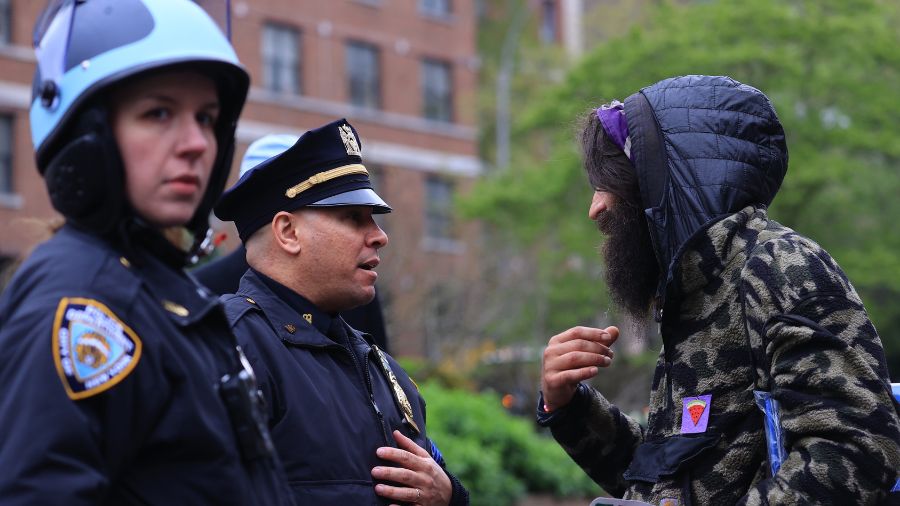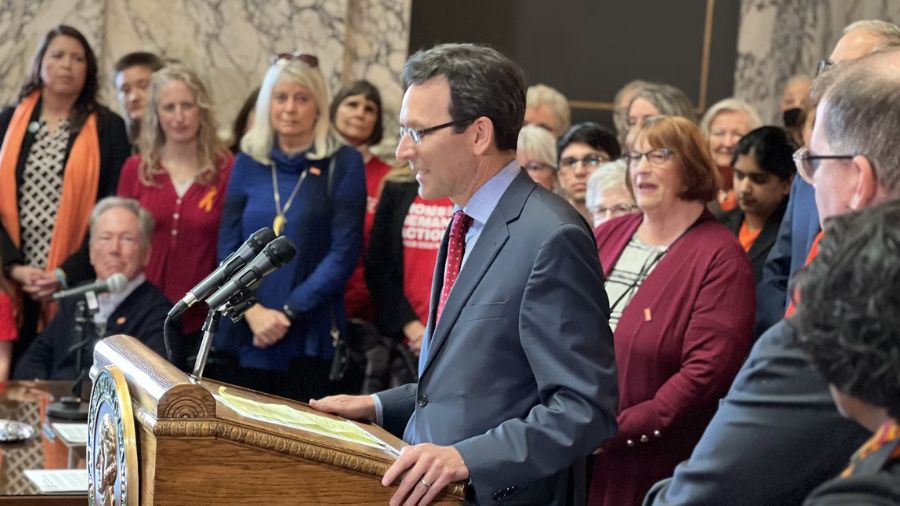Are black people in Seattle really disproportionately targeted by pot laws?
Jul 24, 2014, 9:40 AM | Updated: 5:16 pm
Taken from Wednesday’s edition of The Jason Rantz Show.
Weed is back in the news, this time having to do with the amount of times folks are getting cited for smoking marijuana in public.
The Seattle Times is interpreting the report I think in a misleading way because they don’t give you relevant and important context.
Bob Young of The Seattle Times writes: “Blacks were disproportionately cited by Seattle police for consuming pot in public in the first six months of 2014.”
Alright, but that claim is based on data that is coming from 82 tickets given out, just 82. Not 182, not 882, not 8,882. That is not a big sample size by any stretch.
The article continues:
“In a report delivered to the City Council Wednesday, the police department said officers wrote 82 tickets for public pot consumption in the first half of the year, with 37 percent of those going to blacks.
“Blacks account for 8 percent of the Seattle population, according to 2010 census figures; 50 percent of the tickets went to whites, who represent 70 percent of the city’s residents.”
That is incredibly meaningful data. There is no doubt about it. It is important to know those percentages, but that’s not meaningful data for this particular study because this report doesn’t look at all of Seattle. Not by a long shot.
“The Seattle police study found that 99 percent of all public-use tickets were issued for infractions in the West Precinct, primarily in Victor Steinbrueck Park, Westlake Park, Occidental Park and downtown streets.”
So the next question then is: What is the total population of black people who utilize those parks? If these areas accounted for 99 percent of the tickets, don’t you think we ought to know the racial demographic of the area? It’s a little less relevant that the Seattle population is 8 percent black people when we’re talking about 99 percent of the tickets coming from one specific precinct, and not even the precinct. It’s mostly these three parks and downtown streets. Shouldn’t we know the demographics of those areas?
What if the area has an over-representation of black people and what if it has an under-representation of white people? Then maybe these numbers aren’t showing that black people are being targeted and whites are not.
“I can’t believe people who are homeless can afford to buy pot. Doesn’t that illustrate a lack of financial priorities?”
According to the study, 41 percent of people who got tickets lived in low income housing, shelters or vacant lots. Of those folks, what is the racial breakup? Are you more or less likely to be a marijuana user if you lived in low-income housing, shelters or vacant lots? I’m not saying you are. I don’t know. Are you more likely to be black if you live in low-income housing, shelters, motels, or vacant lots in Seattle?
Isn’t that a really valid question to ask, rather than assume that the Seattle PD are basically racists targeting black people because that is what the implication is here.
Why do I think that is the narrative that The Seattle Times, or at least Bob Young, might be pushing in this article? Well because this little nugget of information is quoted in this story:
“Overall, women accounted for just 11 percent of the citations.”
Women accounted for just 11 percent of the citations. Why isn’t the article titled “Men are disproportionately fined for public pot use”? Am I to believe that 11 percent is roughly the representation of women living in Seattle? No, of course not. So why isn’t the author of this story choosing to say men are disproportionately targeted by the SPD for violating these pot rules?
Because Bob Young of The Seattle Times chooses to focus on black people because I think he wants to set this narrative that black folks are being targeted by the SPD.
Here’s the thing: maybe they are. Maybe black people are being targeted by the Seattle Police Department. I don’t know. It’s certainly possible. I don’t think that is the case. I haven’t seen any actual data that convinces me that is the case. But I am open minded and I understand the other side and I understand people who think black people are being targeted in this city. Maybe that is true. But because you don’t give us all the data and all the context, we have no actual data to back up your assertion.
You basically come off, Bob Young at The Seattle Times, as someone pushing a specific agenda. And you do that agenda a tremendous disservice if it turns out blacks are actually being targeted. Because if you can’t back up your statement and just make an assumption, a big assumption, well someone like me and I think normal people out there who are smart enough to want more information, who are curious enough to ask more questions, we ask these questions and then we automatically dismiss someone like Bob Young for not providing the data.
If the SPD is actually targeting black people with these laws, I want to know that and I will come on this show and I will scream from the top of my lungs how there needs to be change. I’ll invite people on from the SPD. I’ll have Pete Holmes on from the Seattle Attorney’s Office. I’ll have Seattle City Councilmember Sally Clark. I’ll say you know what, this is ridiculous. The data shows black people are being disproportionately targeted by SPD and we’ve got to do something about that.
But if you’re not going to give me any of that data and just assume that I’m going to follow your assumption, well I’m sorry, I’m not. And I would ask that people out there who are reading these studies not to just take these things at face value. Ask questions. Ask for context. Try and figure out what the numbers actually are, and dare I say it, actually read the study.
Taken from Wednesday’s edition of The Jason Rantz Show.
JS













